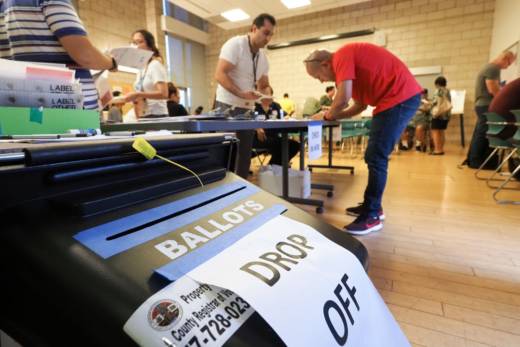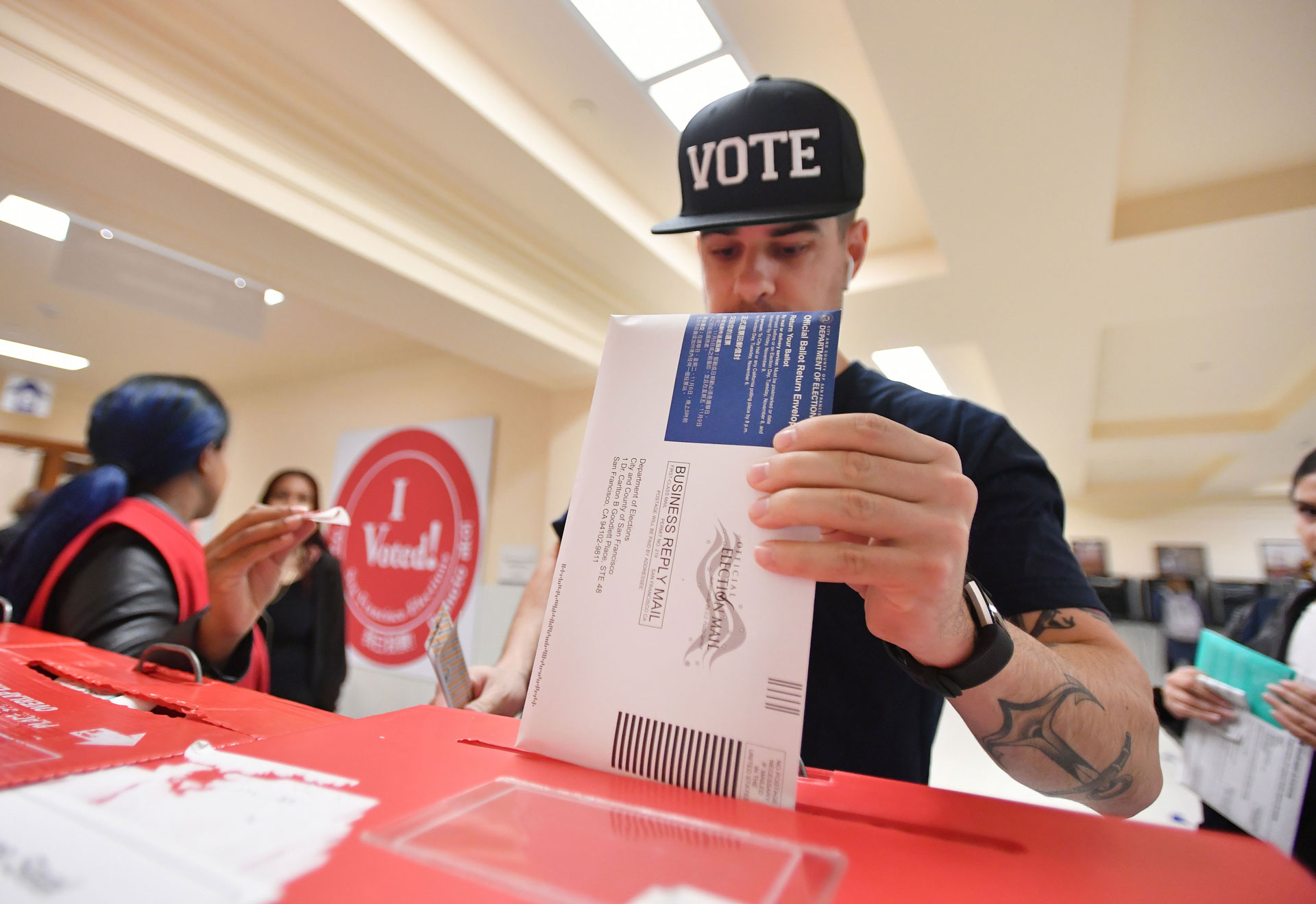Put simply: We're a big state that lets people register and vote both early and late. And since it's a primary, the outcome will be determined by the number of delegates each candidate secures, which is essentially the result of a complicated math equation that can't be completed until all the votes are counted.
"There's a couple of important distinctions between Iowa and California," said California Secretary of State Alex Padilla. "Aside from the size of our state and our population, the first thing to remember is Iowa had a caucus yesterday. California is having a primary election. So the way elections work and the caucuses work are very, very different. Unlike caucuses, which are led by political parties and volunteers, elections in California are administered by elections professionals."
And unlike caucuses — where eligible voters gather in one specific place for a few hours to show their support for a candidate — there are many different ways, and places, that California's 20.3 million registered voters can vote over the next four weeks.
All of them involve a paper ballot, Padilla said, which allow elections officials to go back and audit the results.
"Fifteen million ballots have already been sent out" through the mail, Padilla said, noting that voters in all 58 counties can vote early by mail, or in person, at their county elections office. In 15 of those counties, he added, there are also early voting centers in additional locations; and people can register to vote up to and through Election Day at any polling location.
That means once the polls close at the end of the day on March 3, all those votes have to be verified as legitimate and then be counted — which can take awhile in any race. (Counties have up to four weeks to audit and officially certify election results.)


